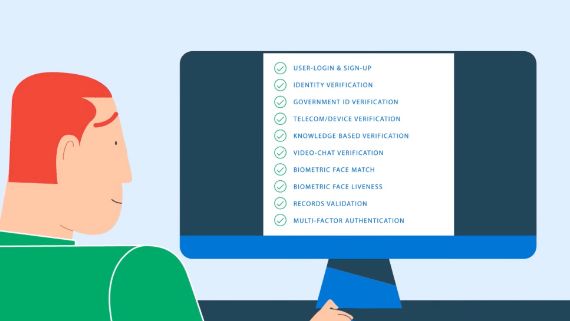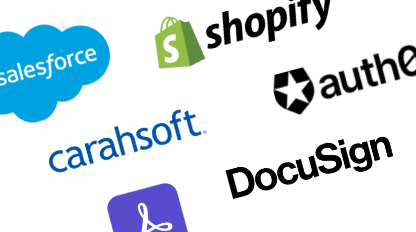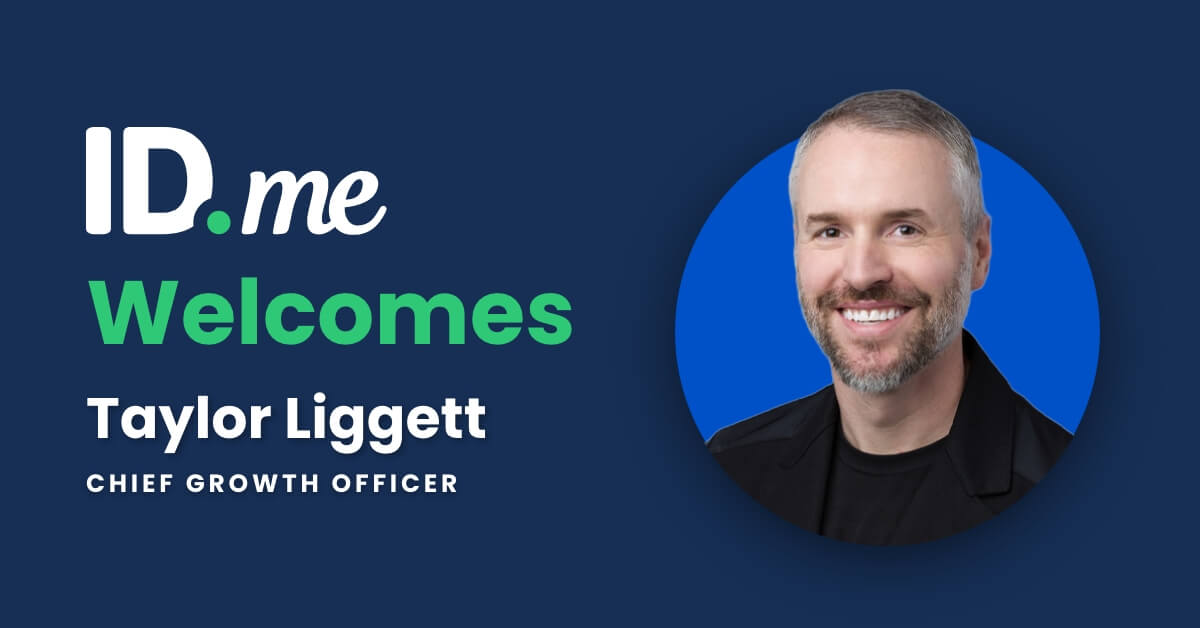American Health Tech is Fragmented and Outdated — and Digital Identity is Key
Our healthcare infrastructure is outdated. Patients juggle multiple portals and passwords, while providers operate in disconnected systems. Medical history rarely follows the patient. We are still faxing records and sending imagery CDs. This is not just frustrating—it undermines the quality, safety, and efficiency of care.
The Department of Health and Human Services (HHS) and Centers for Medicare and Medicaid Services (CMS) are tackling these problems head-on by rewiring healthcare technology. They set a bold vision for the CMS Interoperability Framework and the CMS Aligned Network, and they acknowledge the role that portable, secure identity plays in enabling this vision.
Imagine visiting a new doctor and, with a single sign-in online, having the ease to consent and instantly share your complete medical history. No more faxing forms or searching for PDFs. No more creating multiple usernames and passwords for different clinics. The burden is removed from the patient to transfer information, or from the provider to navigate systems. This is all possible with a secure, portable digital identity that puts patients in control of their information, and allows providers to securely access critical patient information—with privacy, control and security at the center.
“A consistent frustration I’ve had as a patient is having multiple logins for various clinics, rather than one that contains all of my records in one place. Most people don’t go to the same doctor their whole lives… I’ve had to manage records through PDFs that I’m attempting to store and provide to new healthcare providers.”
-Mallory Schroder, American patient
CMS is Leading with a Bold Vision for Interoperability
CMS’s announcement is a call-to-action for the entire healthcare ecosystem—across public and private sectors—to innovate together and enable true solutions that modernize healthcare, unlocked by interoperability.
CMS has zeroed in on what really matters. We must strengthen interoperability and secure access to health data, identify barriers preventing the seamless exchange of health information across systems, reduce administrative burdens while accelerating progress, and drive the development and adoption of digital health management and care navigation applications.
Digital Identity is Essential for Interoperability
A key enabler of interoperability is to ensure that data flows securely and with patient consent. CMS rightly identified portable, user-controlled digital identity that meets government security standards as critical to achieving this.
ID.me is Already Leading
ID.me is the modernized digital identity wallet that makes it easy for individuals to securely prove who they are online. Users can verify their identity with ID.me once and sign in across websites without needing to create new accounts or repeat the verification process. In 2018, ID.me became the first credential service provider certified at IAL2 and AAL2. Today, ID.me is trusted by over 150 million users—including more than 77 million IAL2-credentialed—and by 20 federal agencies, 45 state government agencies, and more than 70 healthcare organizations, including the Department of Health and Human Services (HHS).
I founded ID.me to give everyone a secure, seamless way to prove their identity and sign in online. While we began by helping veterans access their benefits, we’ve since seen firsthand how digital identity improves access to healthcare, public services, and opportunities for all Americans. What HHS and CMS are doing will streamline access to health information—and lead to better health outcomes across the country.
Our Commitments to Powering a More Modern, Secure Healthcare Ecosystem
ID.me has seen how CMS’s approach can lead to safe, secure, and private transactions when it comes to government benefits and services. ID.me is committed to doing our part to seeing CMS Interoperability Framework and CMS Aligned Network succeed. In direct support of CMS’s vision, ID.me is:
- Committed to privacy and control. ID.me will continue to put users in control of their data, empowering them to decide when and with whom to share it. We do not sell user data, and we never will. We will only share it with the user’s consent and with full transparency—viewable at any time at account.id.me.
- Committed to patient and provider experience. ID.me will streamline access to health information, record requests, and other online interactions—improving the experience of patients, caregivers and providers. We will provide our users with convenient tools and effective support to manage their credentials with confidence.
- Committed to security. ID.me will go beyond industry best practices to safeguard sensitive patient, provider, and payer information. We will prevent fraudsters from exploiting stolen credentials and stay ahead of emerging threats like deepfakes through proactive defenses.
- Committed to cost effectiveness. ID.me will pass economies of scale onto the solutions and providers that underpin interoperability, making sure that higher data quality and improved outcomes are affordable for health systems, payers and patients alike—all while upholding industry-leading quality, service levels, and security.
We will continue to deliver ease of access through flexible identity verification options—from online self-service to live video chat to in-person support—ensuring that no identity is left behind. And we will safeguard the system with best-in-class security, including AI and biometric tools that detect and prevent fraud, even from sophisticated threats like deepfakes.
Proof in Practice: What’s Already Working
When one major federal agency adopted ID.me, access rates doubled overall and tripled for underserved users—those who typically get locked out by legacy identity systems that rely on credit bureaus or data brokers. Another federal agency saw adoption of a new digital service exceed its forecast by nearly double—showing how online engagement increases when there are high pre-verification rates, ease of use, and faster response times for logging in. And the Virginia Employment Commission, a pioneer in adopting digital identity, saw a 173% increase in online claims and a 57% reduction in call center volume after making ID.me its primary login.
This isn’t just about convenience. It’s about eliminating information gaps, preventing duplication, and making healthcare safer. Right now, one in five medical records isn’t matched accurately within the same healthcare system, and up to half of patient records are not matched in transfers. Patient duplication rates can reach as high as 30%, by one estimate.
Federated digital identity, when implemented correctly, offers a deterministic view of each patient—enabling clean, accurate record matching and reduced information blocking across organizations. ID.me’s federated identity also enables longitudinal matching, tracking life changes like names or addresses—critical for resolving fragmented records.
The Stakes are High, and the Time to Act is Now
The stakes are too high to delay. As artificial intelligence enables more sophisticated identity fraud, the healthcare sector needs strong, adaptive defenses. As pressure mounts to improve equity, we must ensure that identity systems don’t leave behind those who lack traditional documentation. And as government and industry push toward interoperability, we need a partner ecosystem built on trust.
ID.me has seen how digital identity transforms access across government, employment, and healthcare. We’ve worked with veterans, low-income individuals, and the digitally underserved. We know what’s required to build an inclusive, scalable identity solution that keeps people safe and empowers them.
Together, We can Unlock the Future of Healthcare
CMS has set the bold vision for public-private collaboration to modernize our healthcare system. ID.me is ready to unlock secure, seamless digital identity—enabling true interoperability and the modernization of U.S. health tech.
Let’s get it done.




